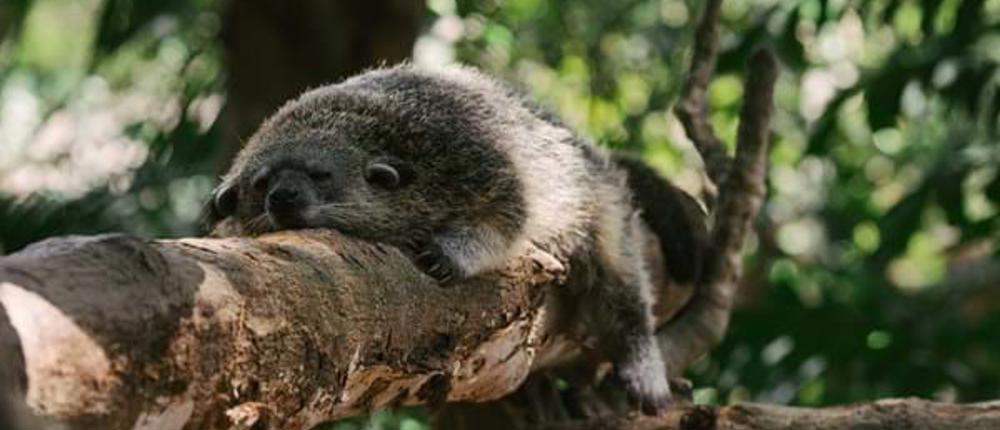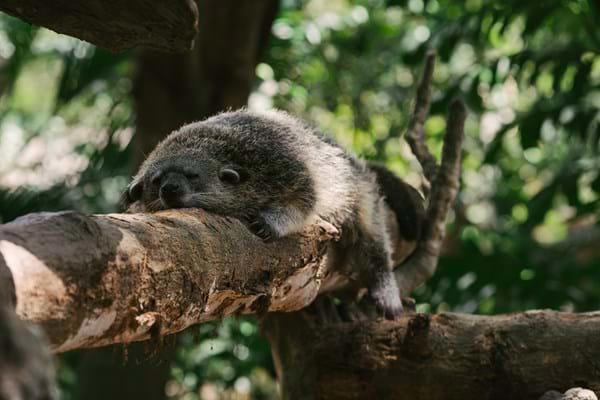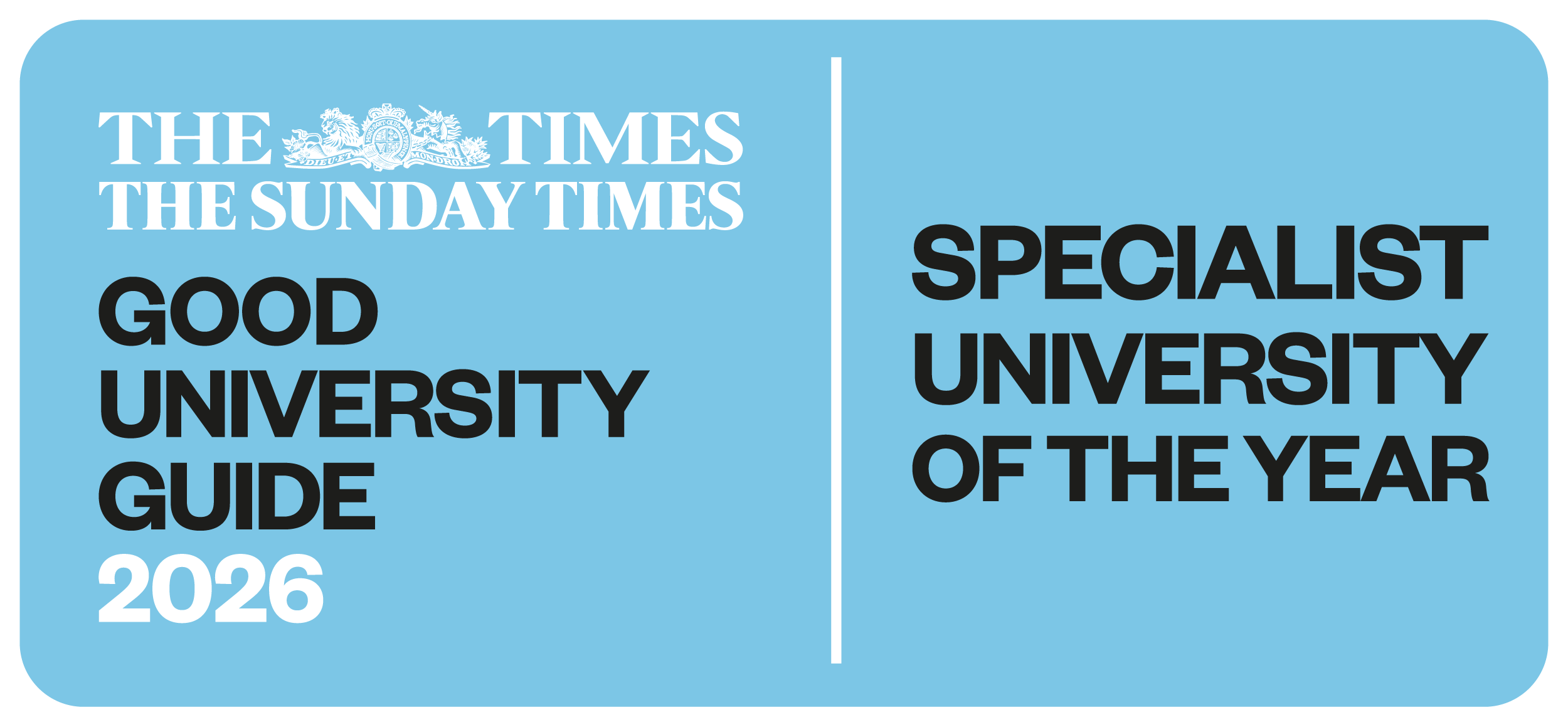Dr Peter Roberts, Lecturer in Animal Behaviour and Welfare at Hartpury University, has been granted membership of the global IUCN Small Carnivore Specialist Group (IUCN SSC), a group intended to conserve small carnivores around the world. The membership will have advantages for Hartpury animal students too, allowing them to benefit from the latest industry practices, real-world issues and career inspiration from professionals.
The IUCN SSC prioritises species that are threatened with extinction and require urgent conservation action. Small carnivores form a significant part of the illegal wildlife trade, so another priority of the group is to highlight this problem and reduce its occurrence wherever possible.
The group consists of naturalists, zookeepers, wildlife surveyors, ecologists, wildlife trade specialists, wildlife photographers and conservation practitioners.
The membership provides an opportunity to provide input and research findings to guide the decision-making process and to drive the overall direction of priorities. Like his fellow academics at Hartpury University, Peter has carried out several research projects. In line with the priorities of the group, these have largely been around the large-spotted genet in South Africa and the trades of civets (Paradoxurus musangus) in Indonesia.
In one study, he set out to identify the threats to populations of civets and other carnivores from the exotic pet and kopi luwak trades. Kopi luwak is produced by civets consuming coffee berries and then defecate fermented coffee beans, these beans are washed, roasted and brewed into this highly prized gourmet coffee variety. By identifying the threats to populations from the exotic pet and kopi luwak trades, observations and recommendations related to captive civet husbandry and welfare in ownership can be made. In another, Peter worked on a study that set out to record small carnivores and medium-sized nocturnal mammals on Java, Indonesia.
Peter is currently devising further collaborative research in to kopi luwak in Indonesia and will soon be working on developing a collaborative project in Europe on defining the range of the Common Genet (Genetta genetta).
Peter says that “many large carnivores are well known and researched and get most of the media coverage, but small carnivores are judged as less important and even pest species. As typically omnivorous and mid tropic level, small carnivores are more diverse and have very important roles in controlling insect and rodent pests and in aiding seed dispersal and pollination.”
Students studying a range of undergraduate and postgraduate animal programmes are actively encouraged to participate in active research studies to improve animal welfare, boost public awareness and shape industry practices.
Peter adds: “Professional memberships like this one allow students to start building their industry knowledge and to even contribute to advancing conservation and welfare. I believe as lecturers that we should be aiming to inspire the next generation of conservationists, as well as educating them well to prepare them for their future careers and to make a real difference.”
Hartpury University’s range of animal degrees are a popular choice among conservationists. The BSc (Hons) Zoology programme is ideal for those seeking employment within conservation and looking to protect animal species across the globe, while the BSc (Hons) Animal Behaviour and Welfare degree provides students with an opportunity to study the biology behind behaviour while also considering ethical issues affecting domestic, exotic and wild species.






